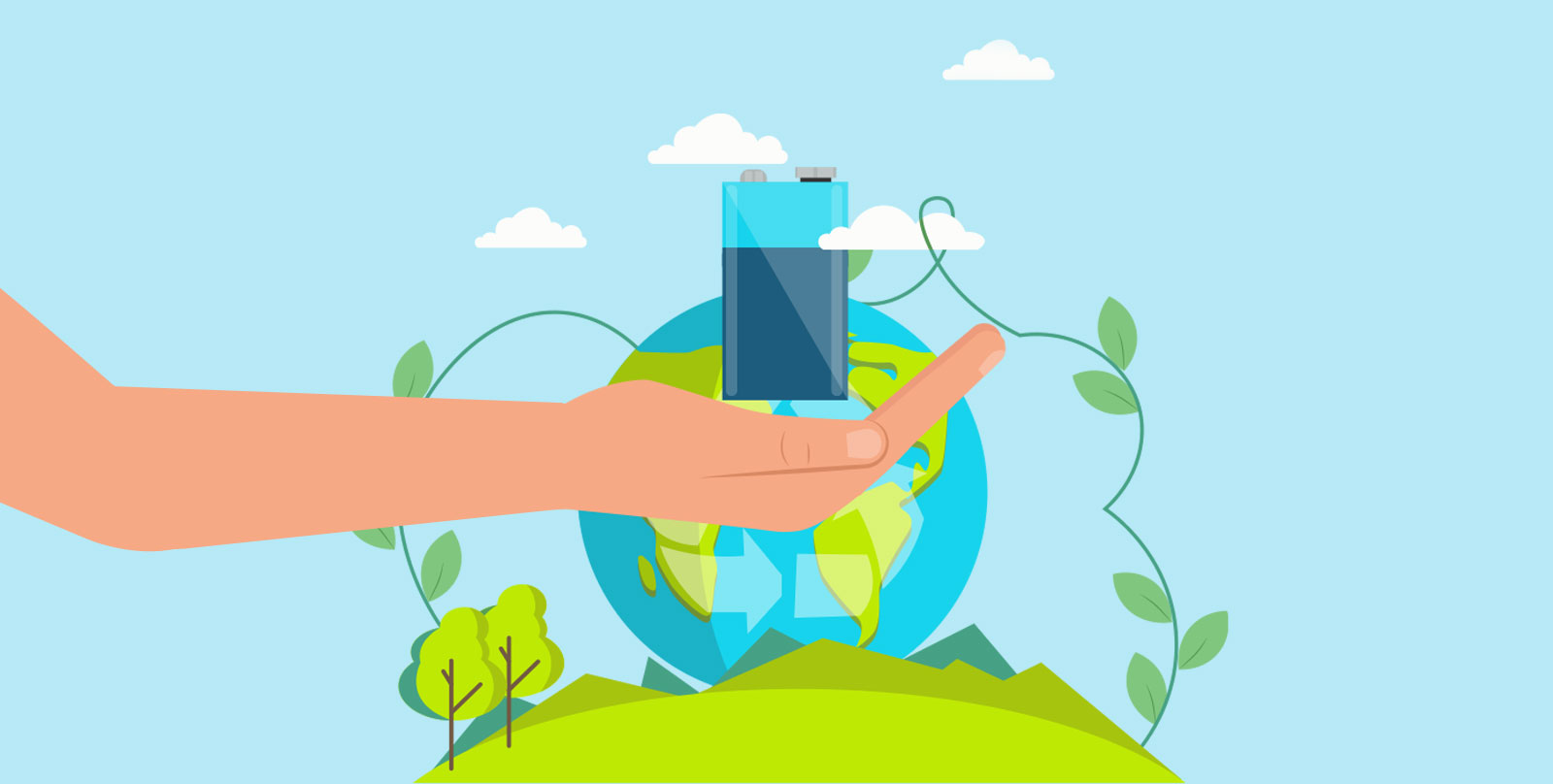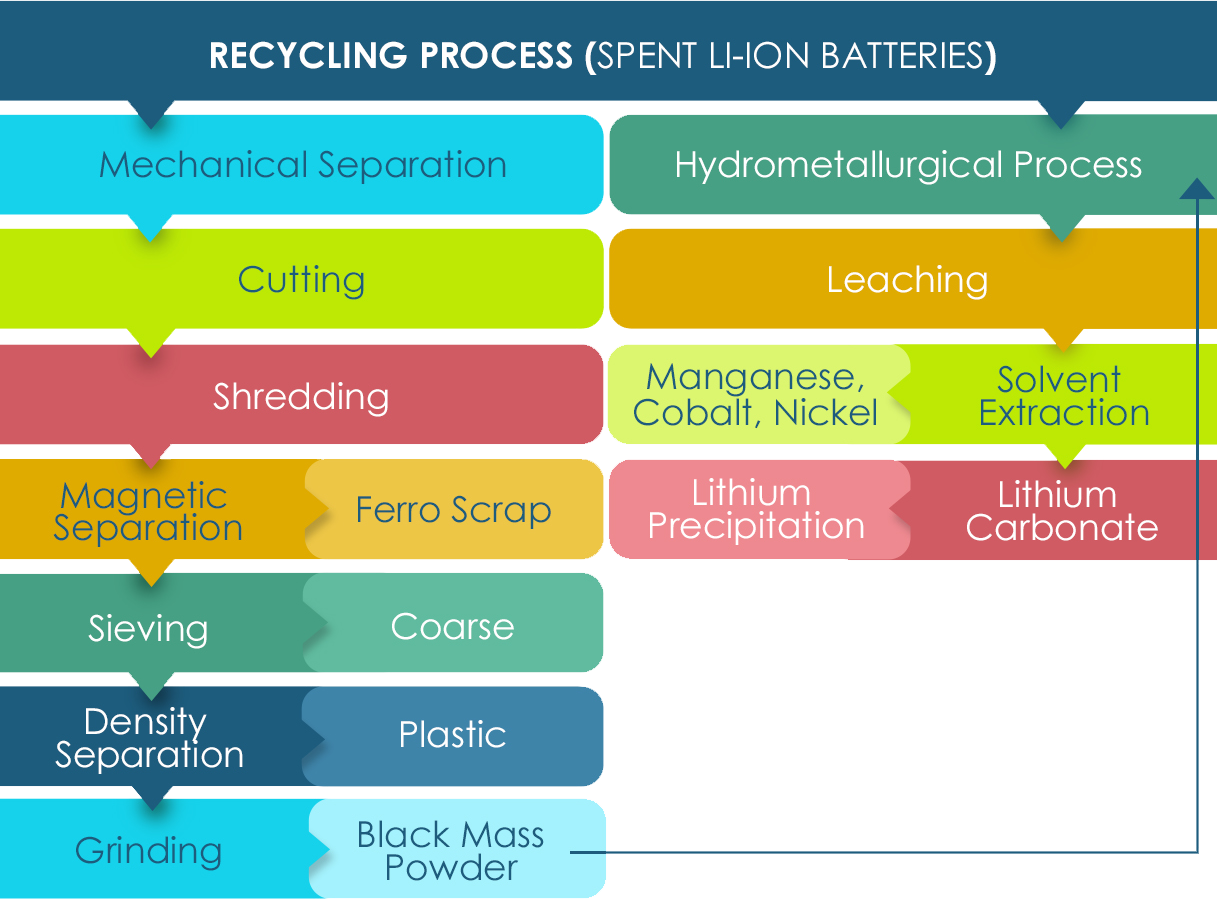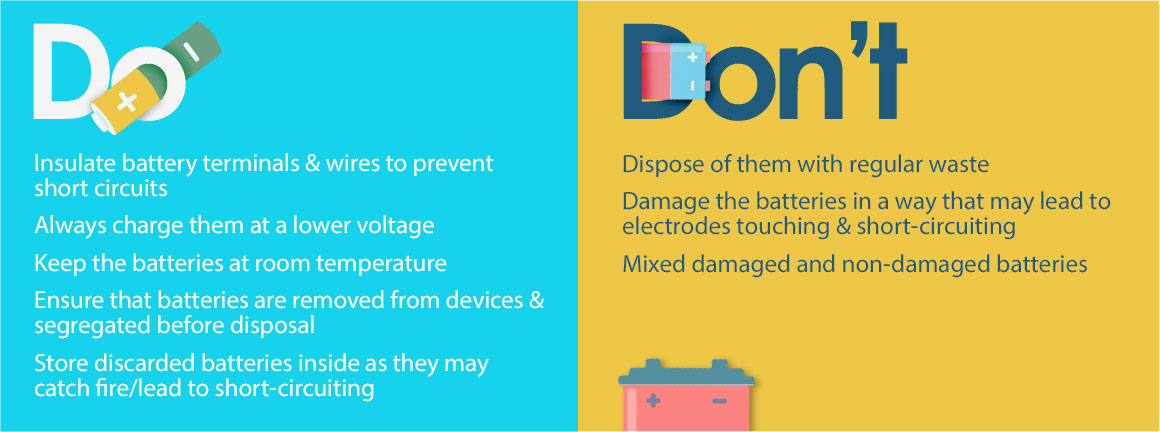
Recycling refers to the extraction of high-price minerals from present battery cells after their useful first, second or third lives. The growing stockpile of lithium-ion (Li-ion) batteries from EVs, sun rooftops and different storage packages has necessitated battery recycling, as Li-ion poses the risk of personal injury, property damage and environmental harm if not properly recycled or disposed.
It is predicted that the recycling marketplace in India to select up from 2022 whilst lithium-ion batteries, currently in use, would reach their end of life. The recycling battery marketplace in India is anticipated to increase from 0.4 GWh in 2020 to greater than 80 GWh by 2030.



Consumption of Li-ion batteries has elevated mainly because of its superior electrochemical residences and also due to the regulations on using NiCd batteries. Recycling of NiMH and Li-ion batteries involves more complex approaches than that of zinc and NiCd batteries. Li-ion batteries are not included inside the recycling programme of maximum countries. As a result, there is no responsibility on organising a right collection gadget and on growing recycling processes.


Copyright @2020-2021 All Rights reserved by RecycleNow